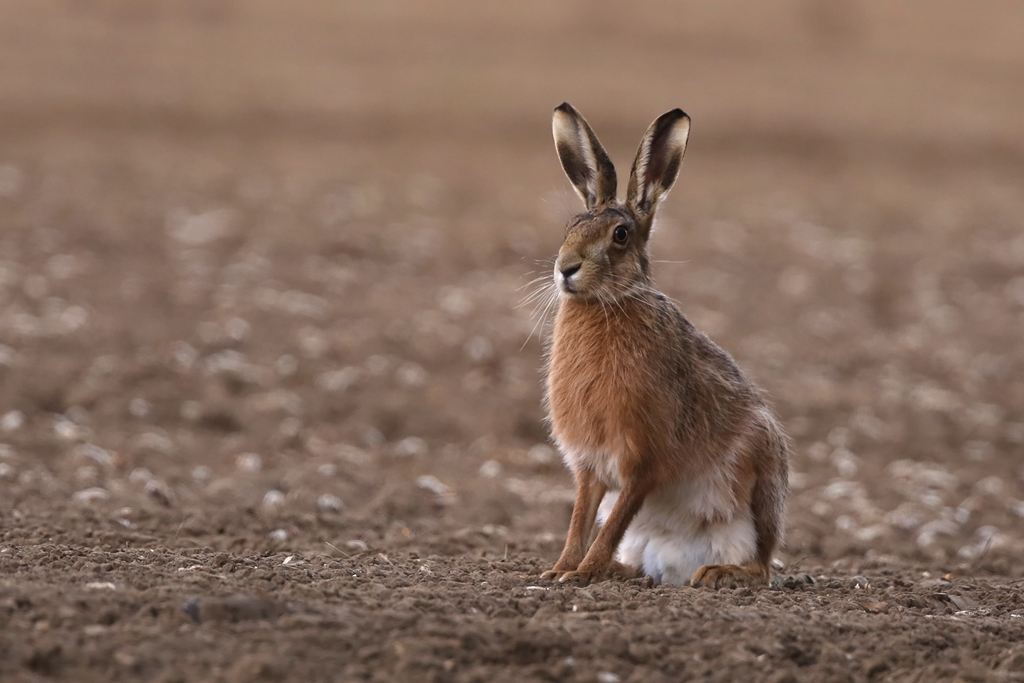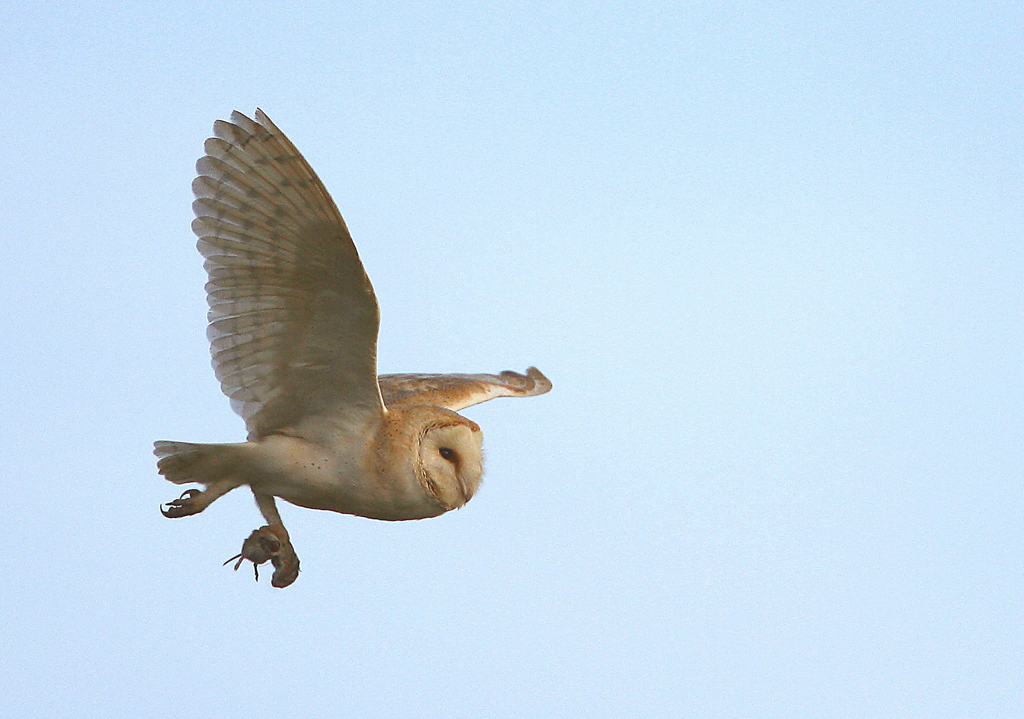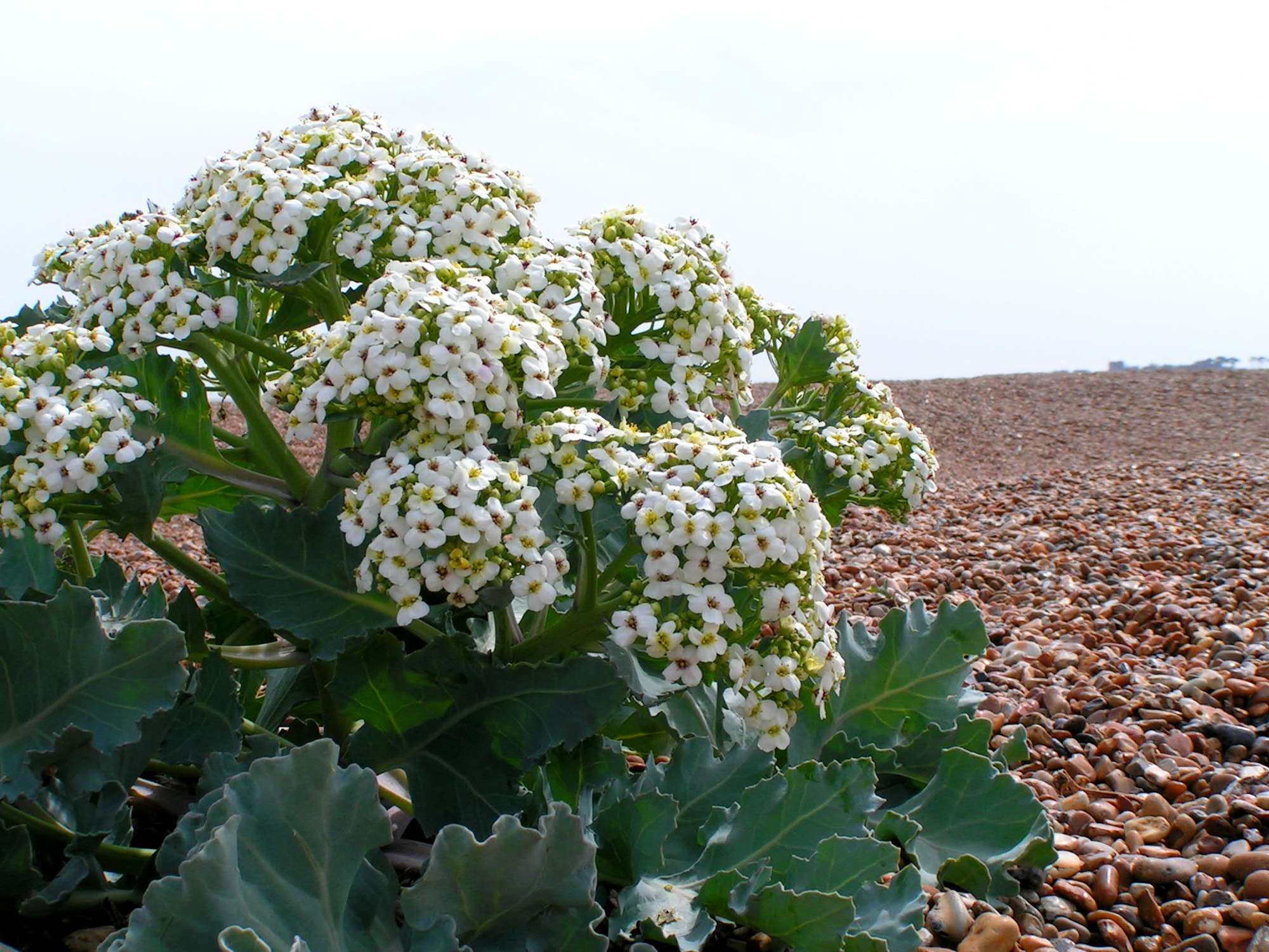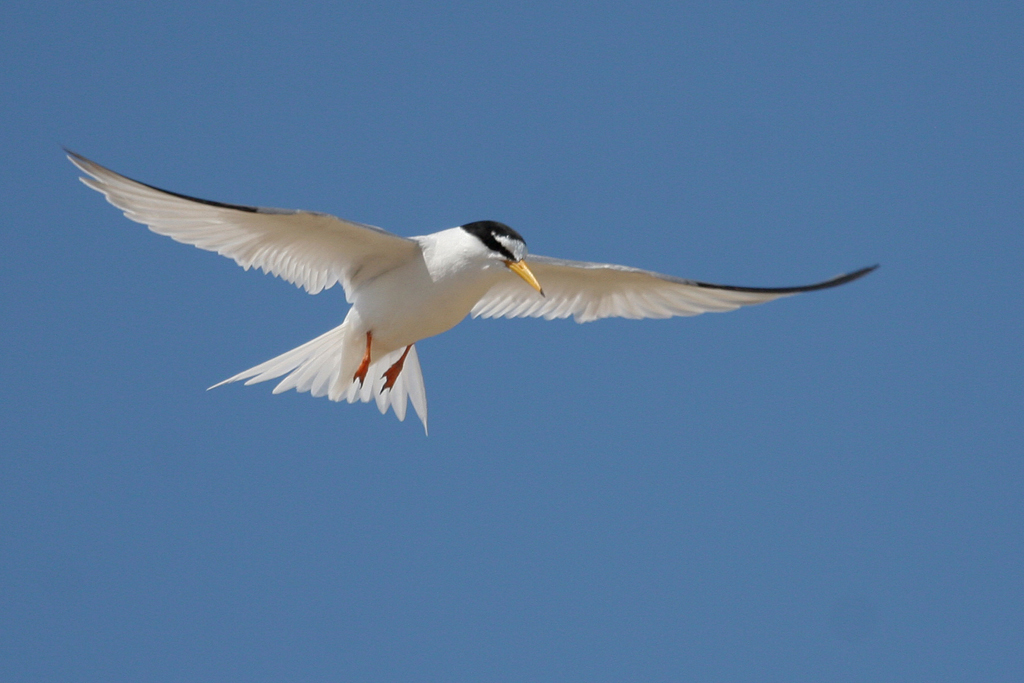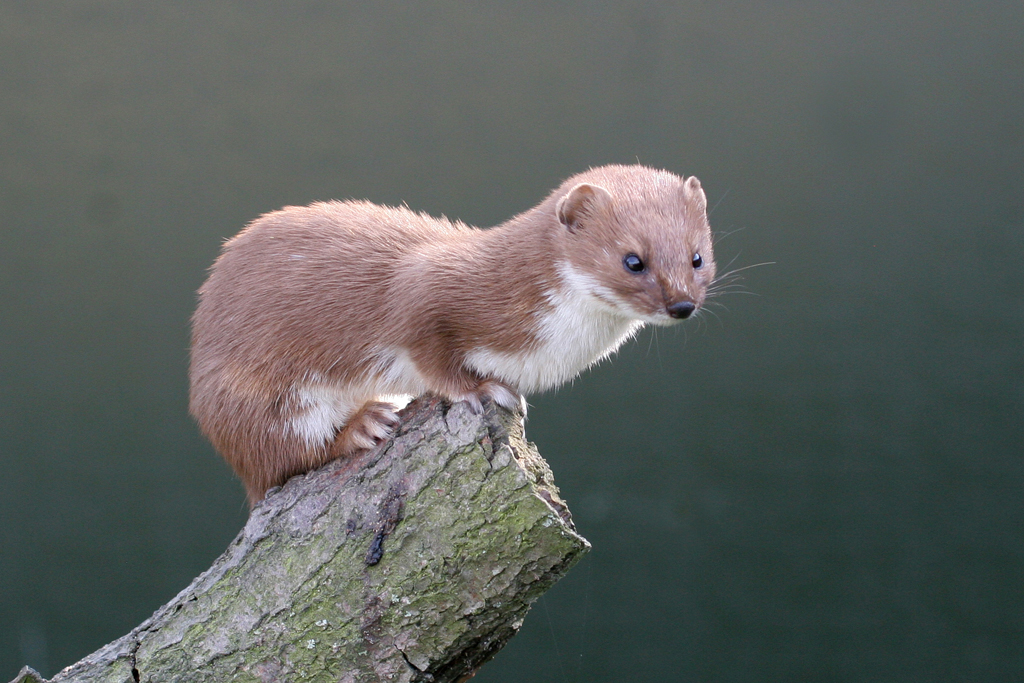One of these days we shall wake up and hear that David Attenborough has died. There will then be deep and widespread national mourning, since he has become a sort of secular saint – a new St Francis of the birds and animals. But one should praise people while they are still alive and with us, not just write solemn obituaries when they are dead, so here goes.
For years Attenborough has been our guide to the natural world – infectiously enthusiastic, knowledgeable and, what is not at all the same thing, wise. It has become a sort of televisual cliché, but now an addictive one: the camera shows us some impossibly remote and inhospitable terrain from a great height; we pick out a tiny, distant figure in the wilderness of ice, marshland or desert; the picture zooms slowly in; and there is Attenborough, spreading his arms outwards to welcome us in, swaying around somewhat erratically to emphasise his words, and telling us, almost confidentially, in that so familiar, slightly hoarse voice, ‘And here, even in these extreme conditions, there is life, abundant life, and just over here behind me is something really quite extraordinary …’ .
In his autobiography he tells the story of his first job-interview with the BBC. His interviewer recommended that he be given a job, but should on no account be allowed in front of a camera, because of his peculiar facial movements and body language. This is precisely his great charm, however. He has the priceless gift of conveying his sense of wonder and excitement about the natural world in a way we can share and can see to be genuine. He is the perfect guide and intermediary, who invites us in and then lets us see what he saw and enjoy our own reactions. So many other presenters seem over-rehearsed by comparison. They spend more time presenting themselves than the wildlife, and their flirty chit-chat and highly staged conversations just get in the way.
I once heard Attenborough give a talk. The hall was packed, of course, and at the end of his spellbinding performance the chairman invited questions. A little boy at the front shot up his hand and asked in piping tones, ‘Please, Sir, how can I be like you when I grow up?’ The audience collapsed. But the great man took him seriously and said, ‘Well, the first thing you might do is go outside in your garden and look hard at something. I mean look really closely, for a long time, and then try to draw or write down what you saw and think of some questions to ask. It may become a habit.’
Jeremy Mynott
12 April 2022




